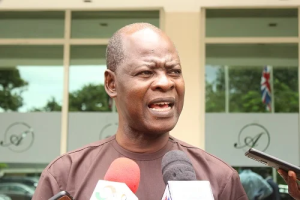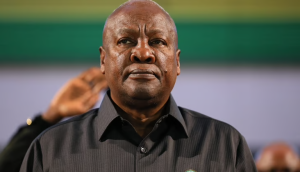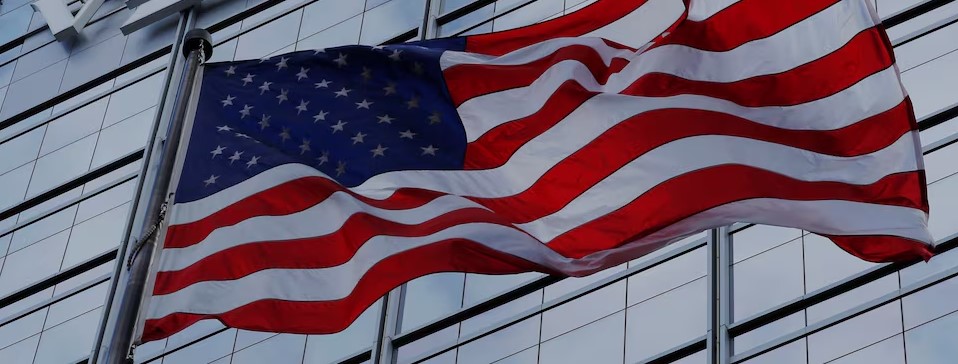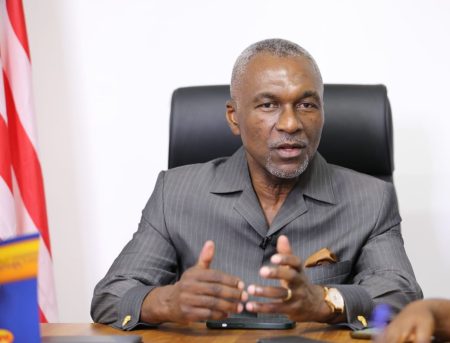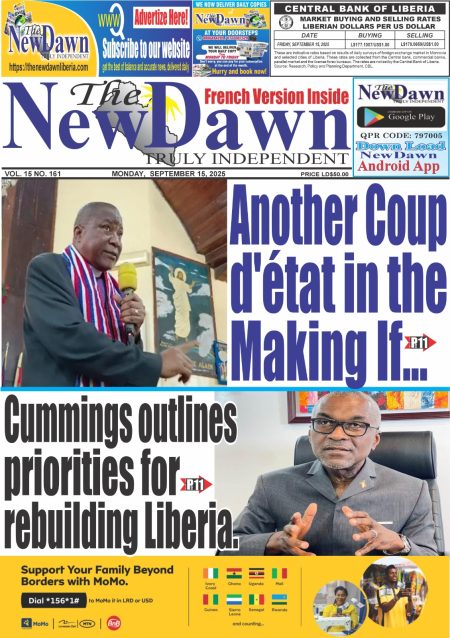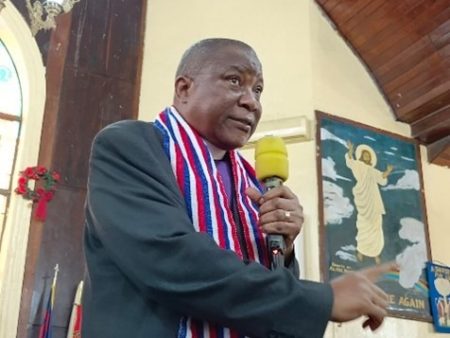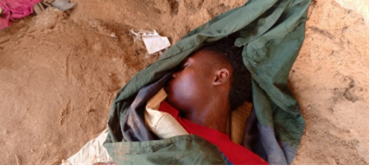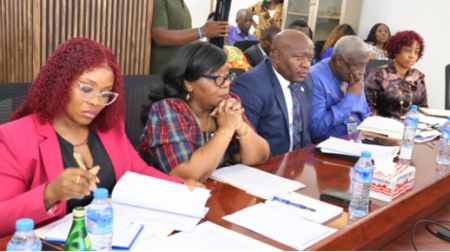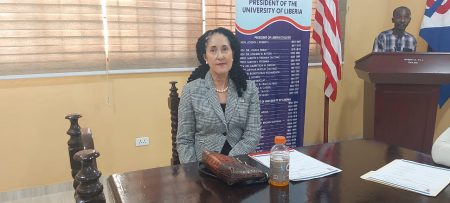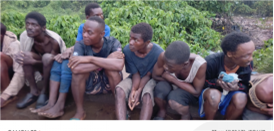The diplomatic landscape between the United States and Nigeria has become increasingly fraught with tension, following accusations from high-ranking Nigerian government officials that the US Mission in Nigeria is orchestrating a smear campaign against the country. This alleged campaign, purportedly fueled by a rebuffed financial request, threatens to undermine the longstanding relationship between the two nations. At the heart of the controversy is a report published by The Africa Report, which the US Mission subsequently circulated, criticizing Nigerian elites for alleged financial mismanagement and prioritizing lavish infrastructure projects over the needs of the impoverished populace. The report specifically highlighted the construction of new government lodges in Oyo and Gombe states as emblematic of wasteful spending, sparking outrage from Nigerian officials who defended the governors of these states as fiscally responsible leaders committed to improving healthcare, infrastructure, and ensuring timely salary payments.
The Nigerian government’s perspective posits that the critical coverage stems from a retaliatory motive. The publisher of The Africa Report, having inherited the magazine from his father, had previously sought funding from the Nigerian Governors’ Forum for an “Africa Roundtable” event in Abidjan, Cote d’Ivoire. Following the governors’ refusal to finance the event, the publication’s tone towards Nigeria allegedly shifted, leading Nigerian officials to believe that the negative press was a direct consequence of the rejected request. This perceived act of reprisal is not only seen as a breach of journalistic ethics but also a violation of diplomatic protocol, specifically Article 41(1) of the Vienna Convention on Diplomatic Relations, which prohibits foreign missions from interfering in the domestic affairs of host countries. Amplifying such narratives, as the US Mission is accused of doing, is deemed inappropriate and further exacerbates the diplomatic strain.
The current controversy is not an isolated incident but rather reflects a broader pattern of friction in US-Nigeria relations. Nigerian officials point to past instances, including a US government prediction in the 1990s forecasting the collapse of Nigeria by the year 2000, which ultimately proved inaccurate. More recently, a US State Department travel advisory issued in July 2025 warning American citizens against visiting 18 Nigerian states due to security risks and healthcare concerns has drawn criticism from local analysts who argue that the advisory paints an overly negative and unbalanced picture of the country’s security situation. While acknowledging the complex security challenges faced by Nigeria, these analysts emphasize the stability and security of major cities like Lagos and Abuja, challenging the blanket warning applied to the entire nation.
Adding further fuel to the fire, some Nigerian analysts have highlighted the irony of the US travel advisory, pointing to the high rates of gun violence in the United States. With projections of nearly 47,000 gun-related deaths in the US in the current year, they argue that many Nigerian cities offer a greater degree of safety than their American counterparts grappling with widespread gun crime. This comparison serves to underscore the perceived hypocrisy of the US government’s warnings, further straining the diplomatic relationship. The Nigerian government, while valuing its partnership with the US, emphasizes the critical importance of mutual respect, sovereignty, and national dignity. These principles, they argue, are non-negotiable and must form the foundation of any meaningful bilateral relationship.
Senior aides within the Nigerian presidency have urged the US Mission to refrain from promoting what they characterize as unbalanced and hostile narratives. They warn that continued interference in Nigeria’s internal affairs could jeopardize the relationship between the two countries, a relationship that holds significant importance for both nations. Nigeria, being Africa’s most populous democracy, represents a key partner for the United States on the continent. Damaging this relationship through actions perceived as disrespectful and interfering could have far-reaching consequences for both countries and the broader region.
The escalating tension between the US and Nigeria underscores the delicate balance required in international diplomacy. While constructive criticism and open dialogue can be valuable tools for promoting positive change, the manner in which such critiques are delivered and the underlying motivations behind them can significantly impact the effectiveness of the message. In this case, the perceived link between the critical report and the rebuffed funding request casts a shadow over the US Mission’s actions, undermining its credibility and fueling accusations of a deliberate smear campaign. The situation serves as a reminder of the importance of maintaining transparency and adhering to diplomatic protocols to preserve trust and foster productive relationships between nations.



